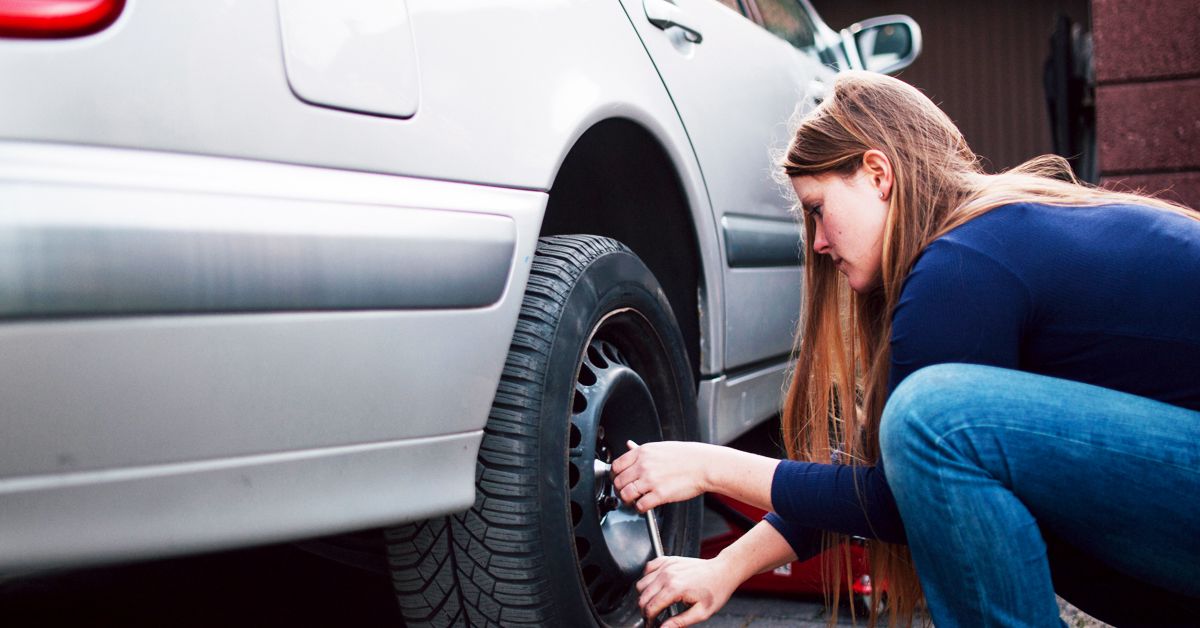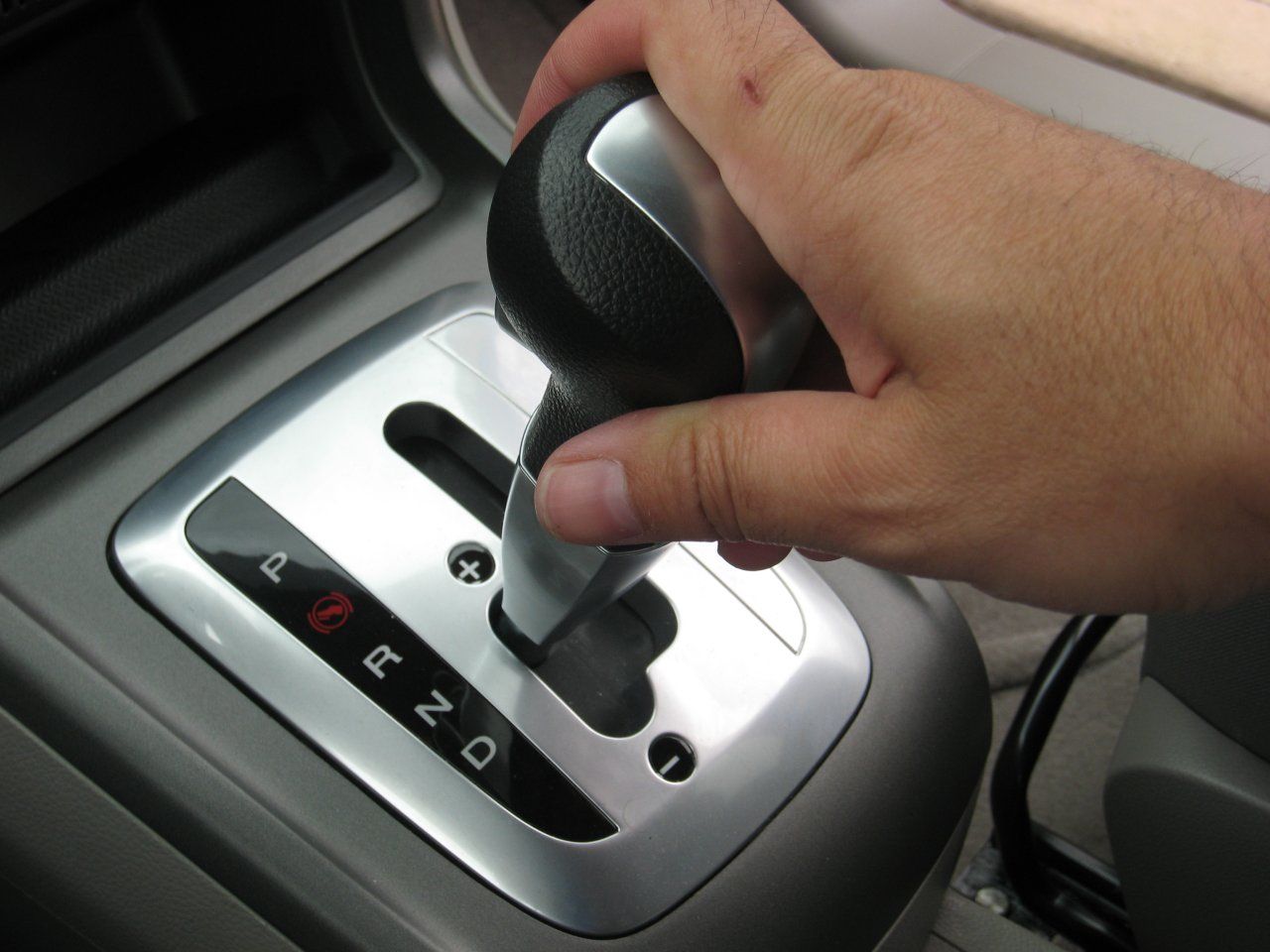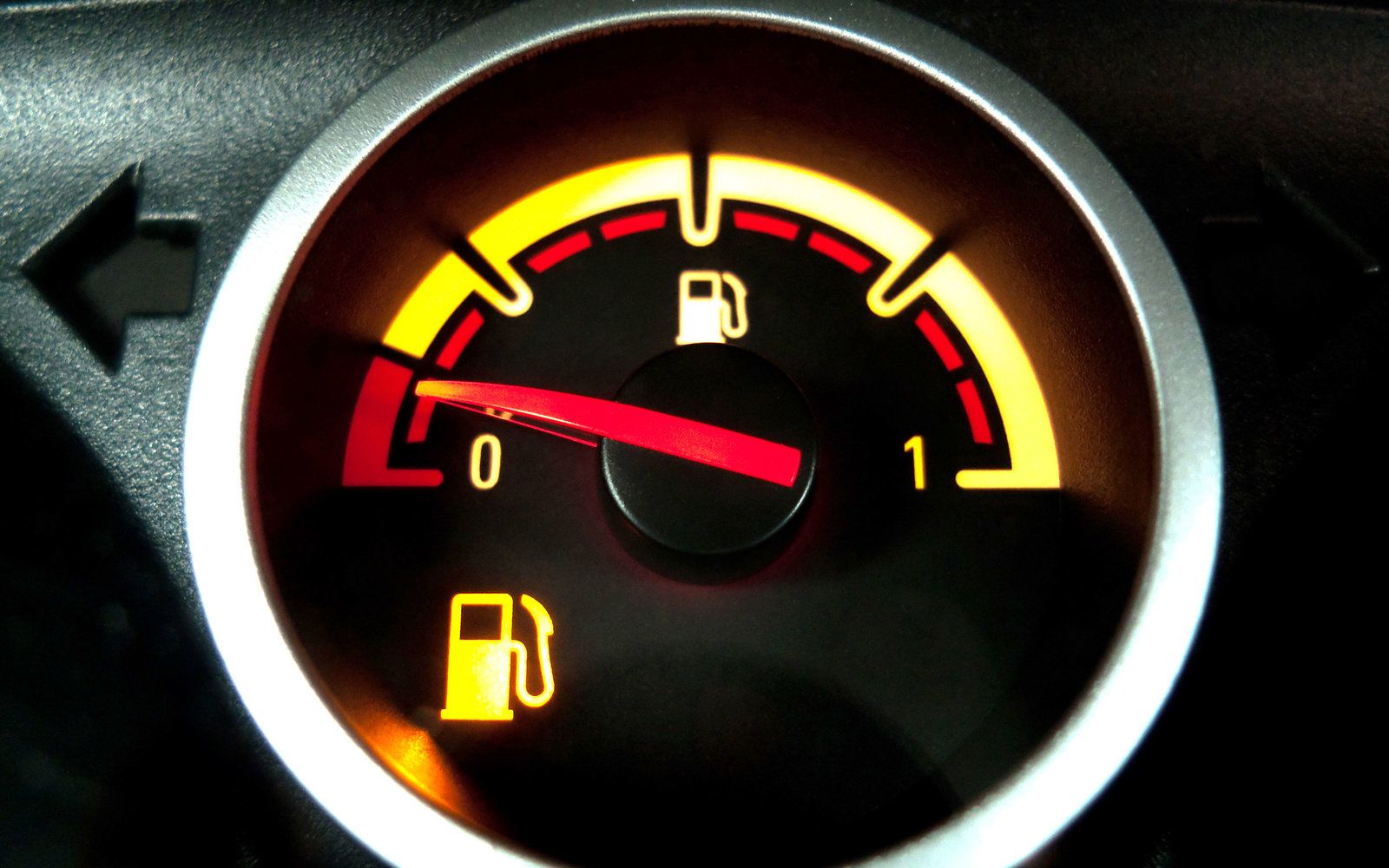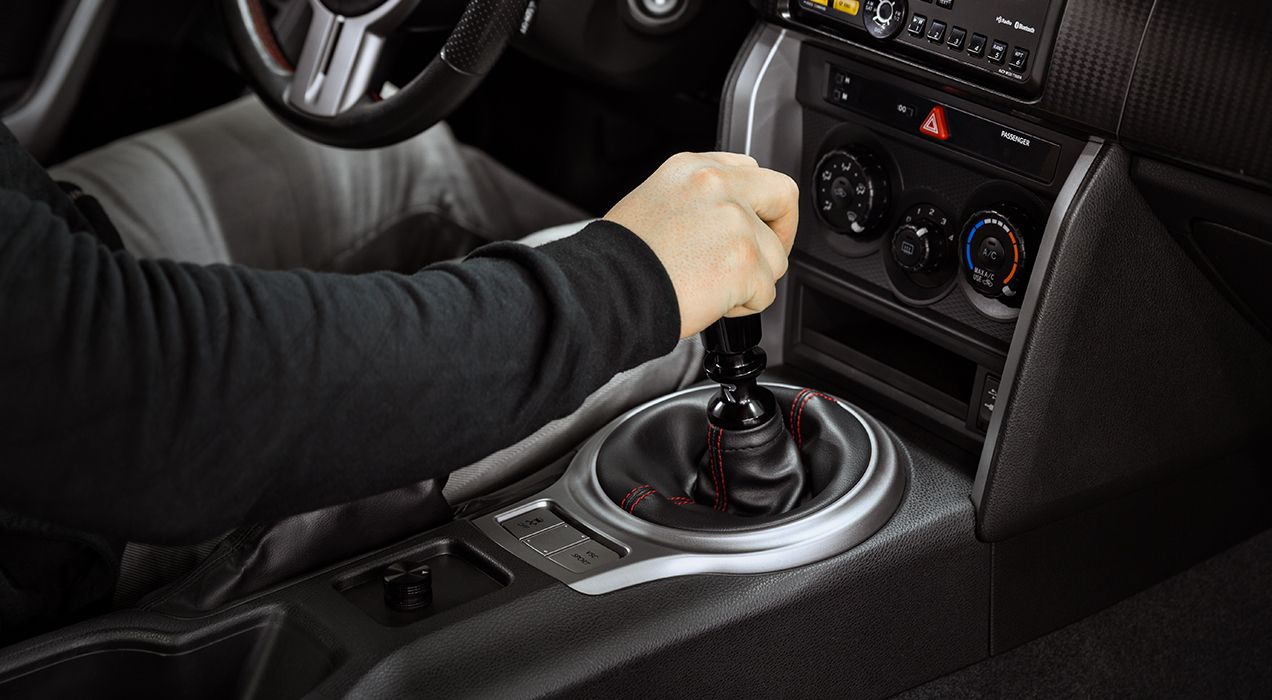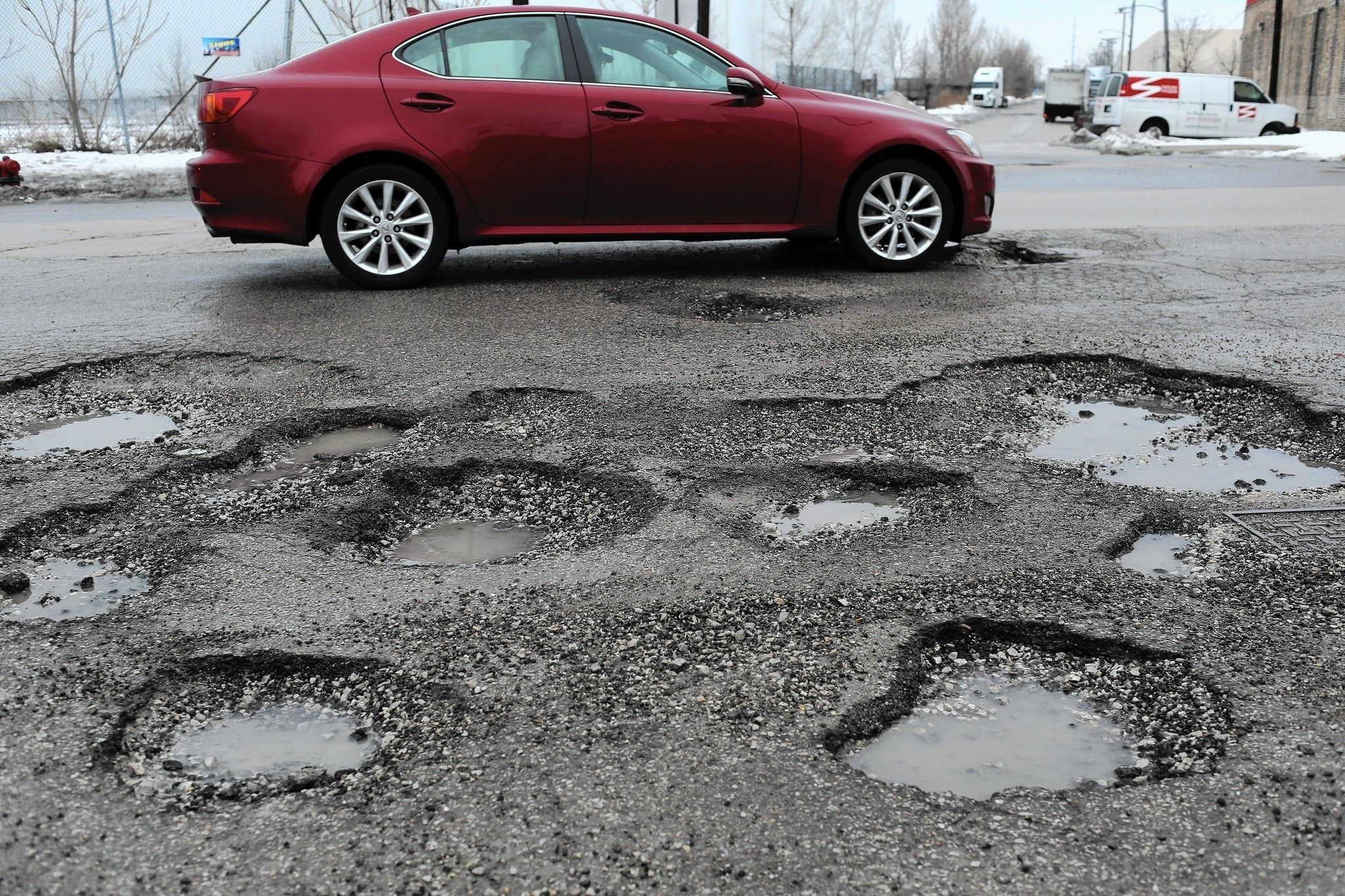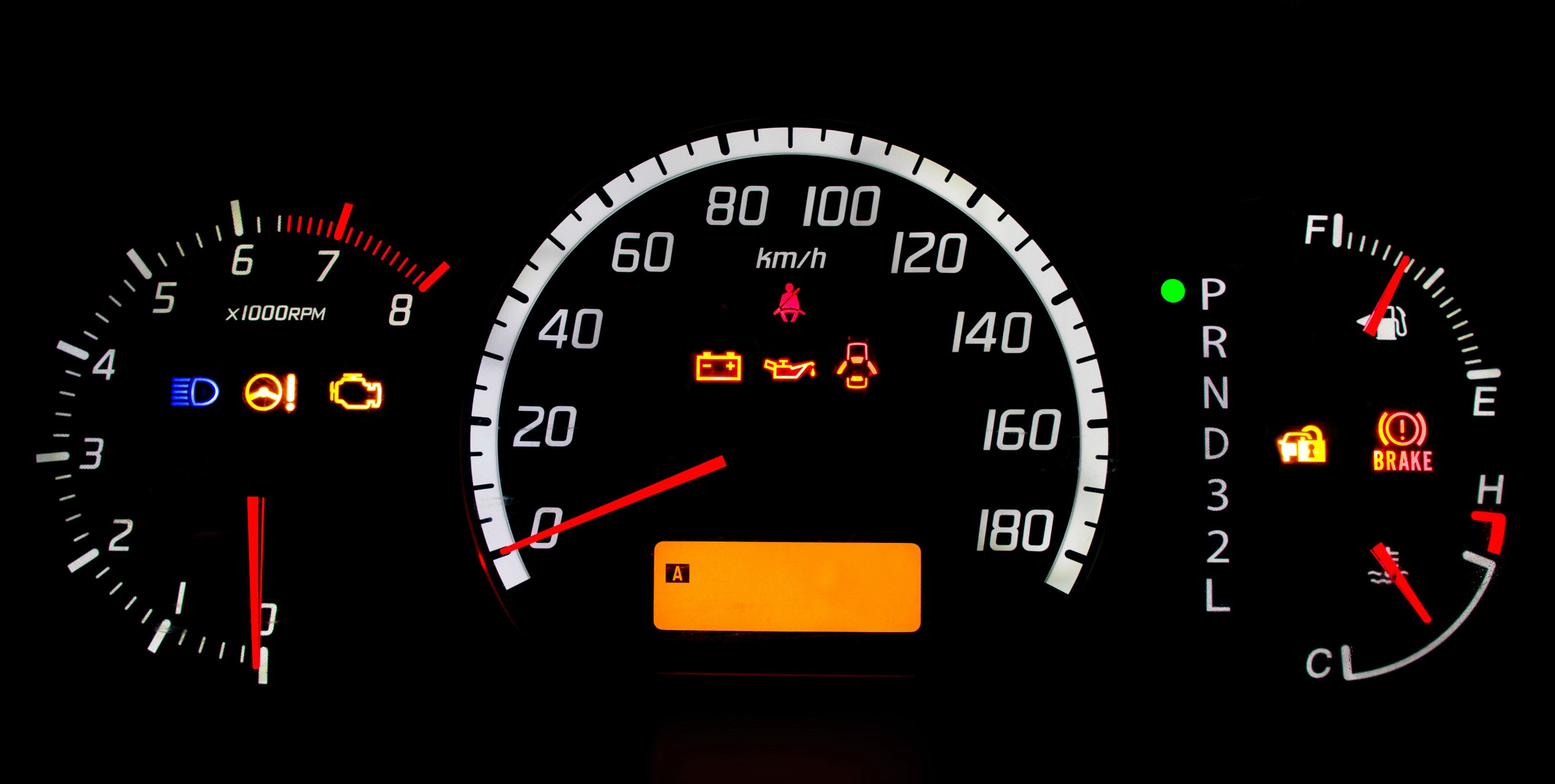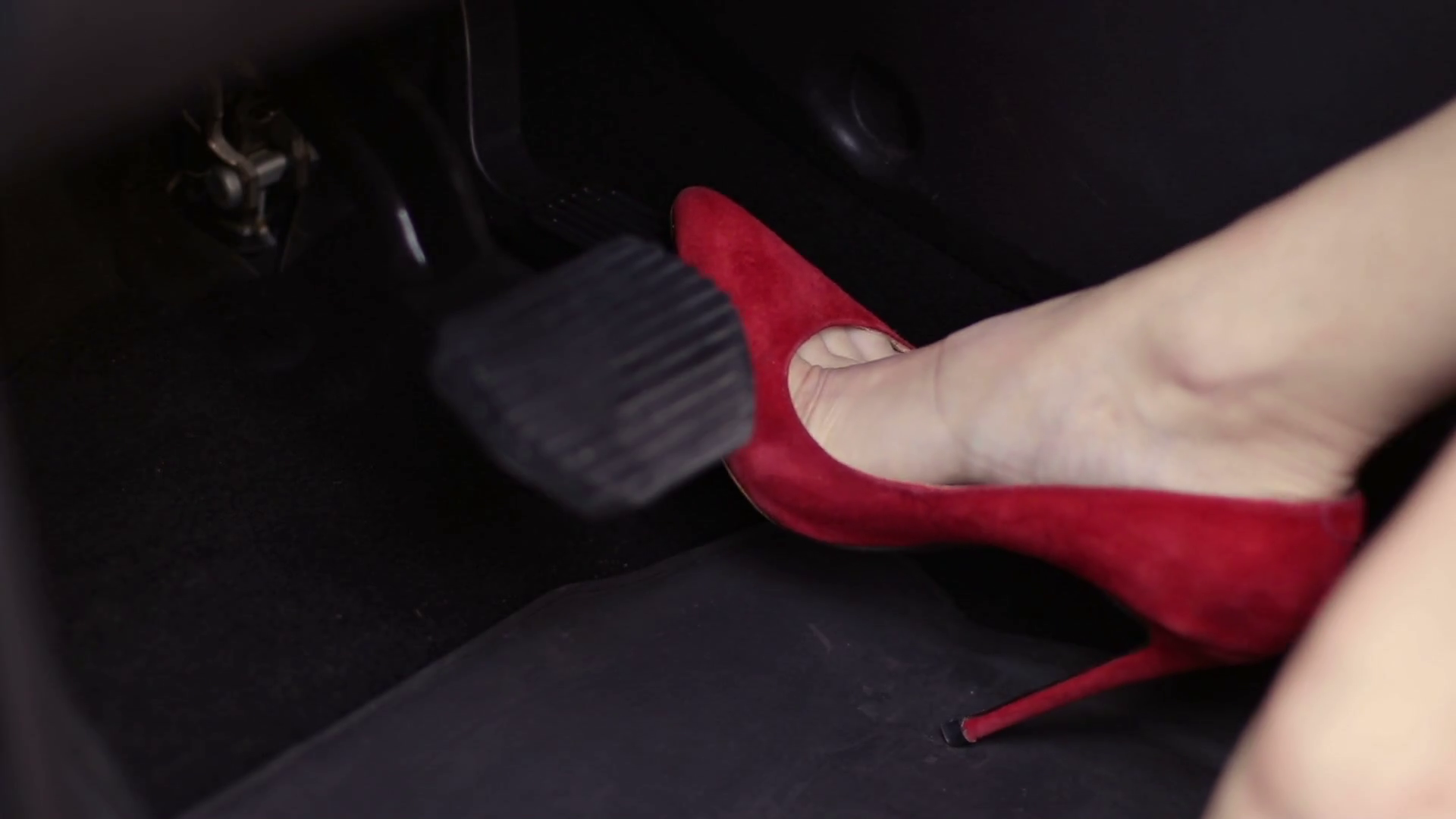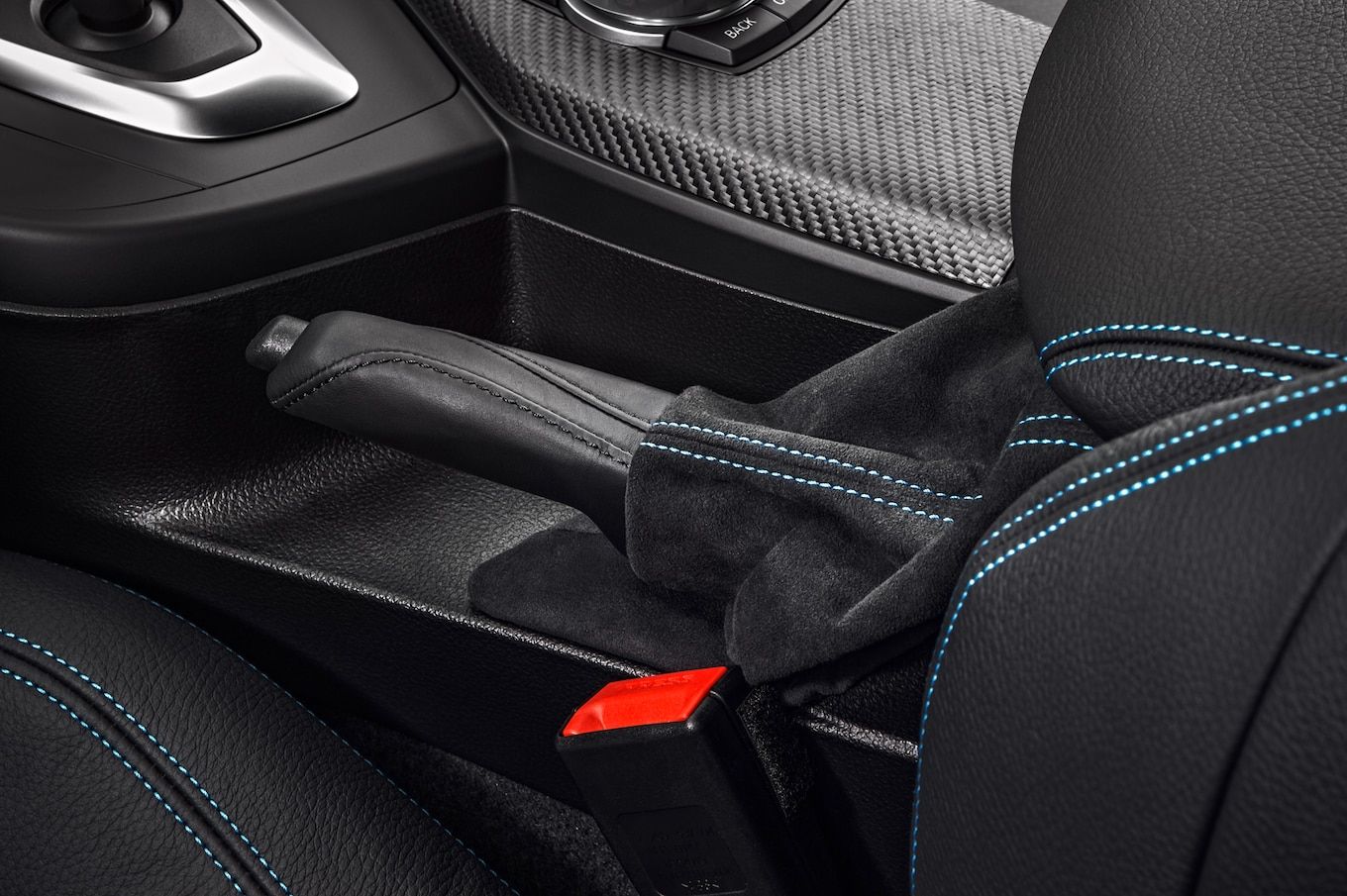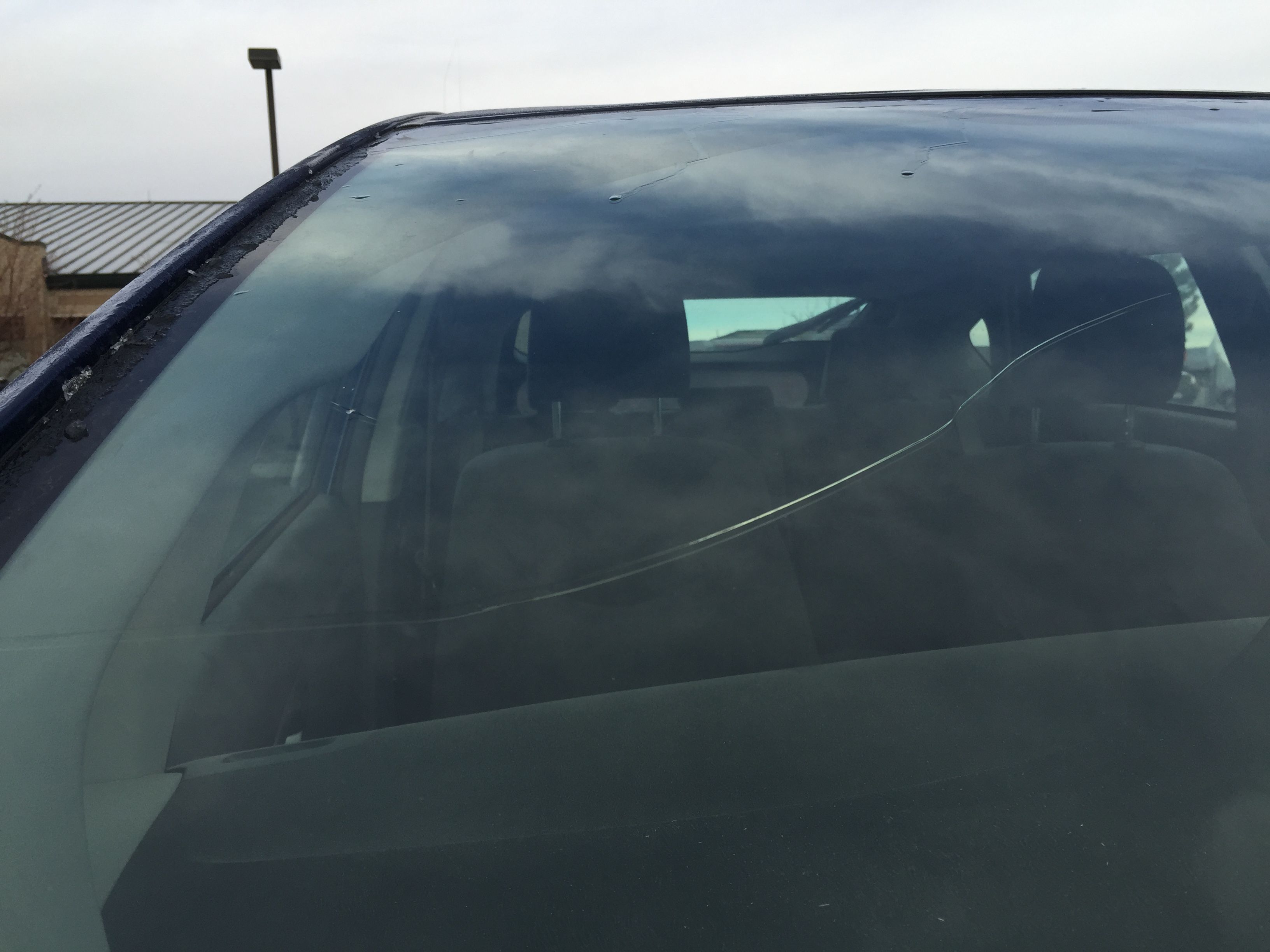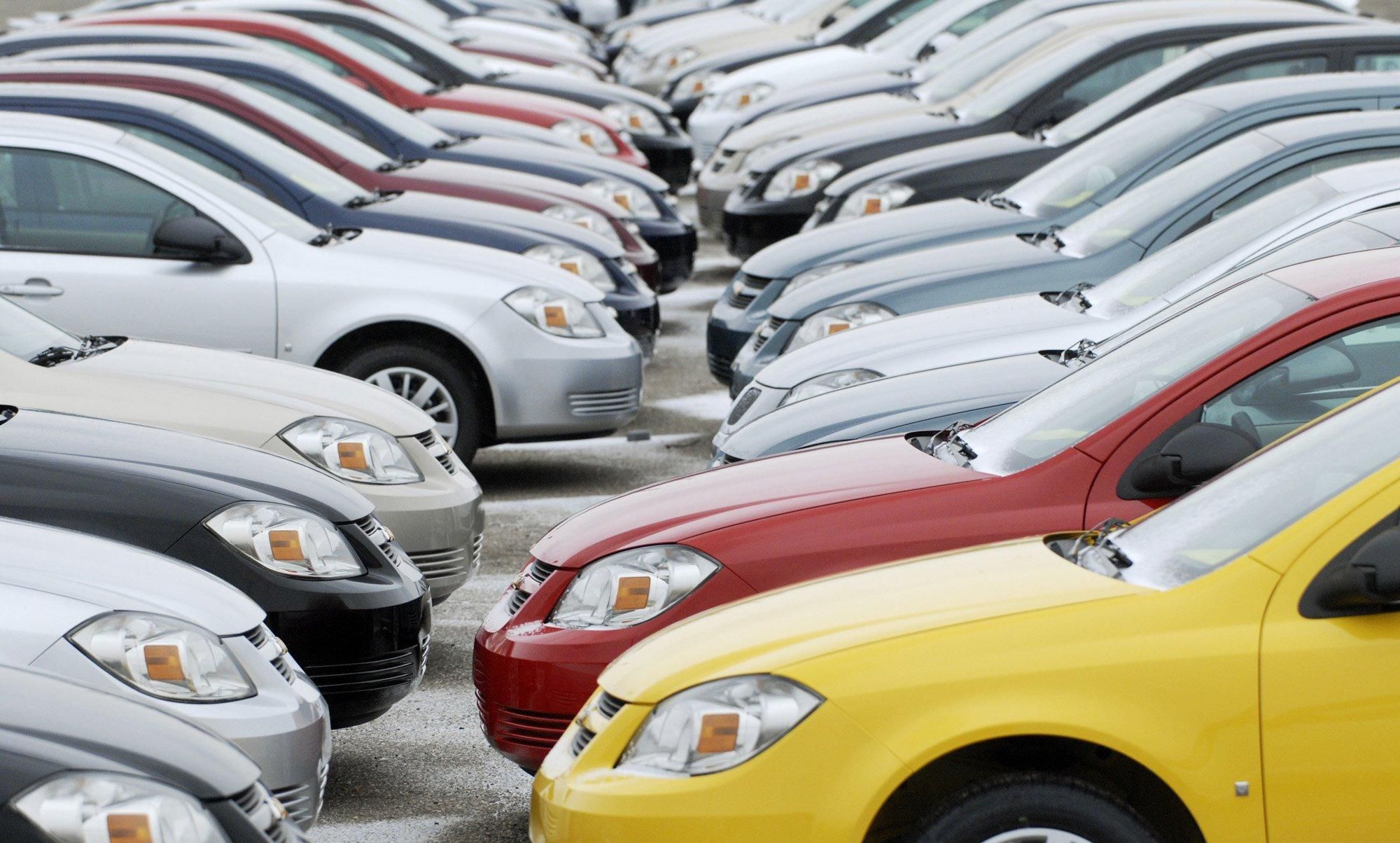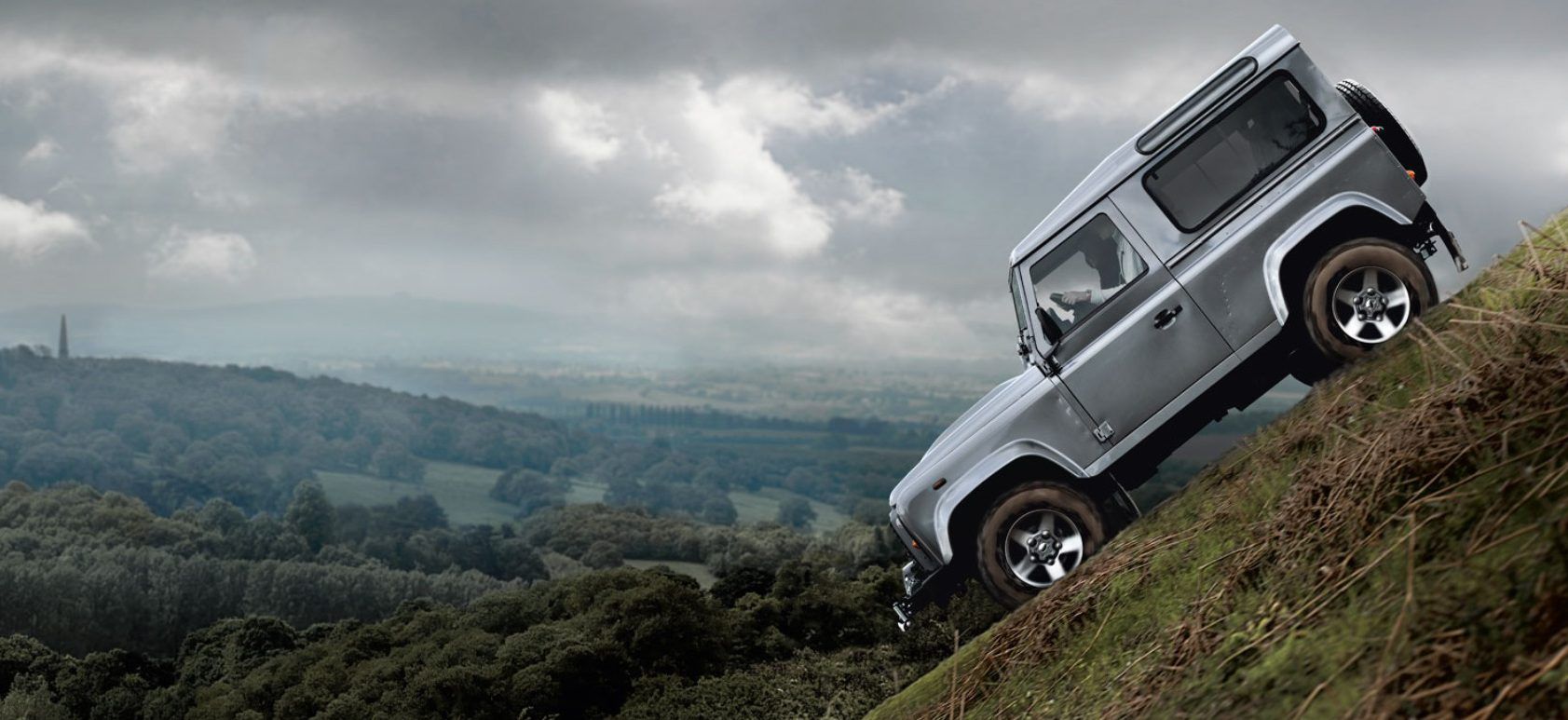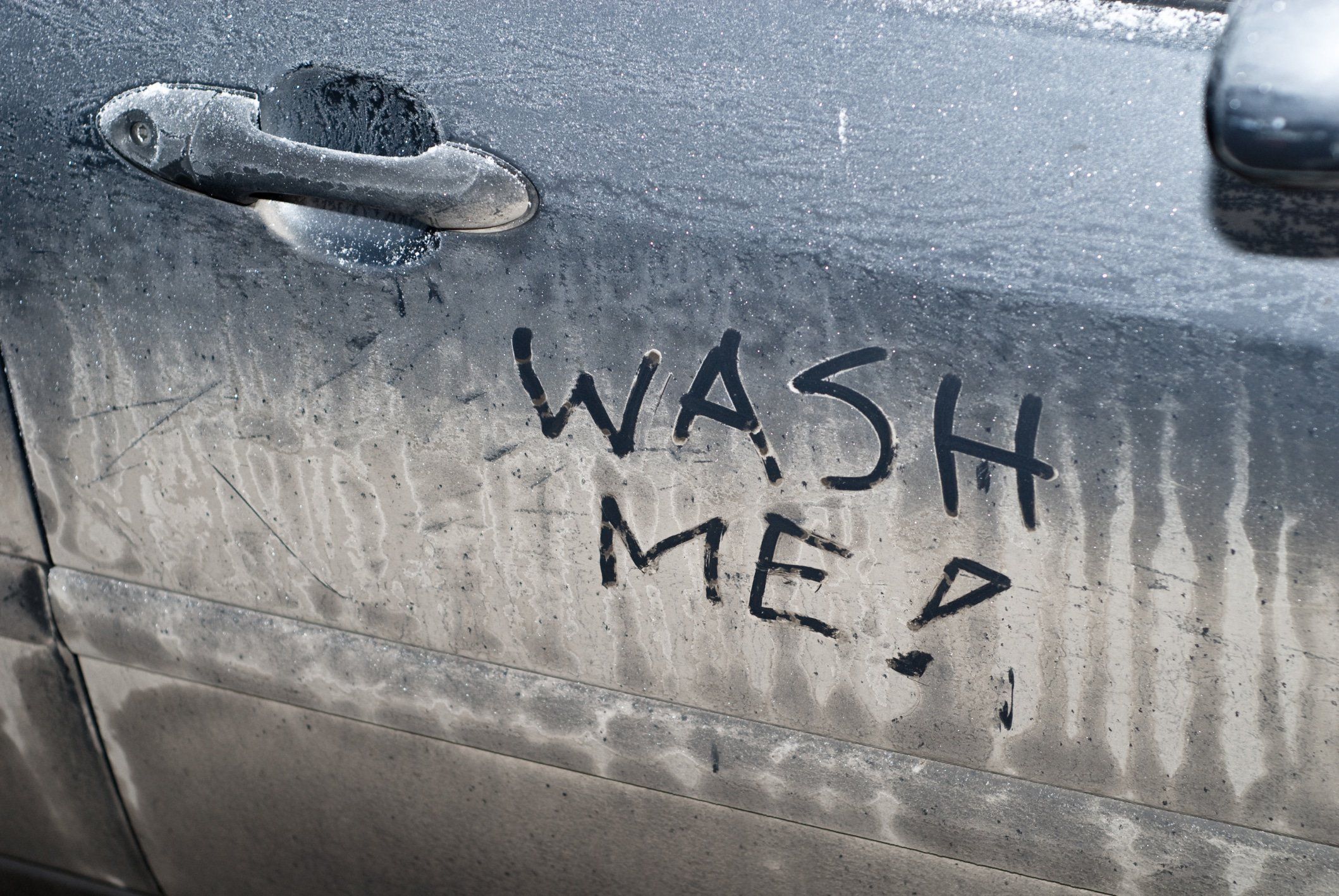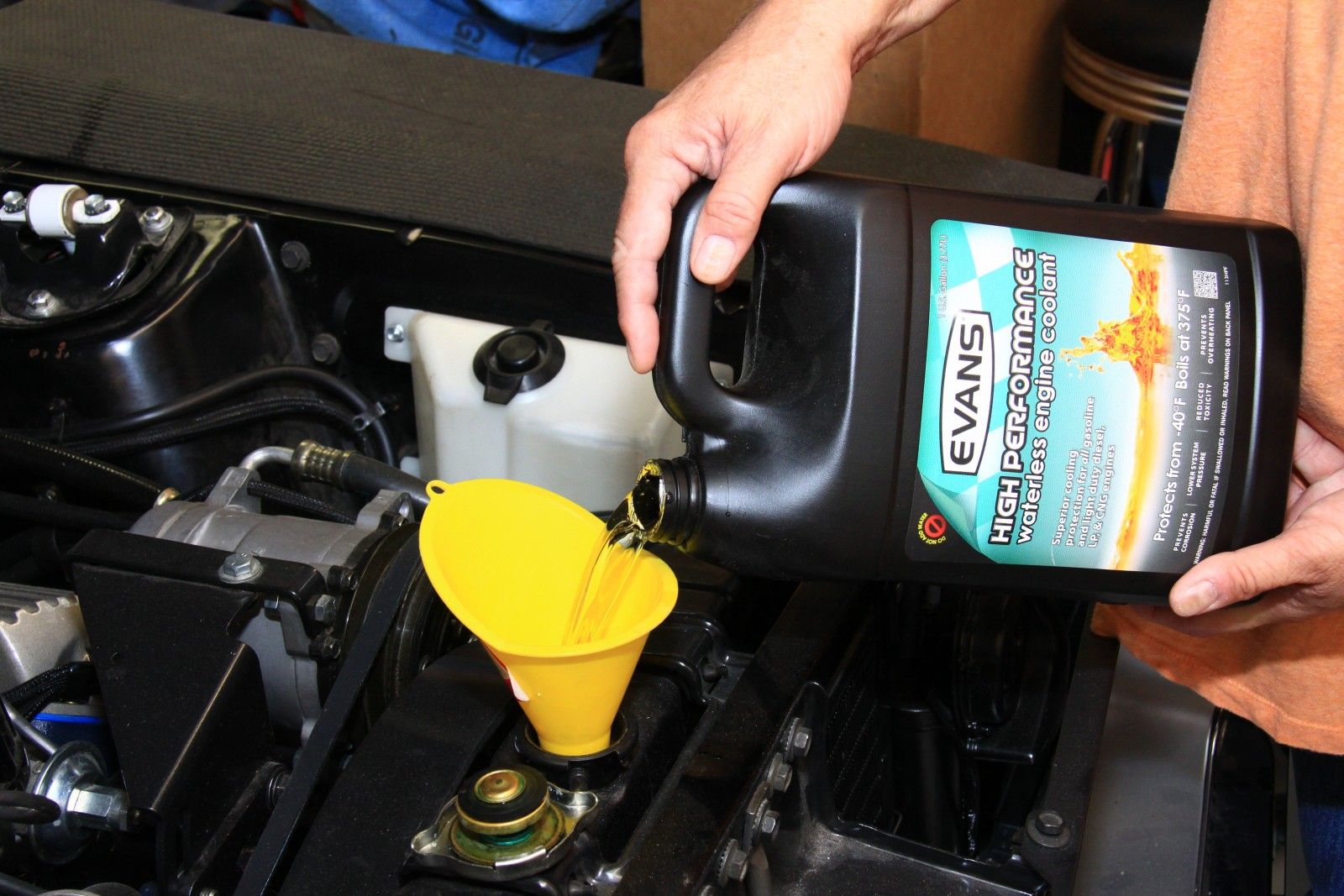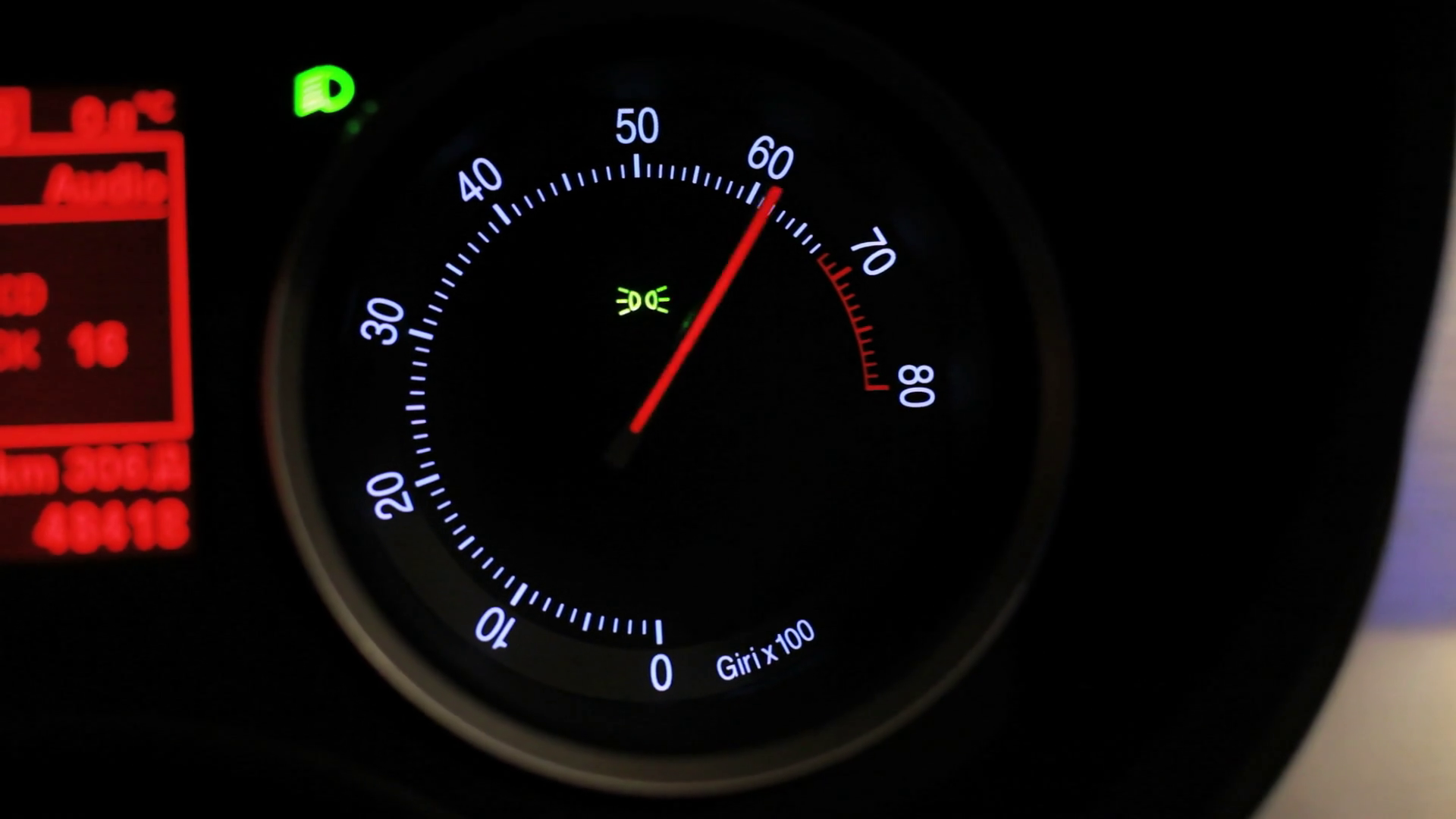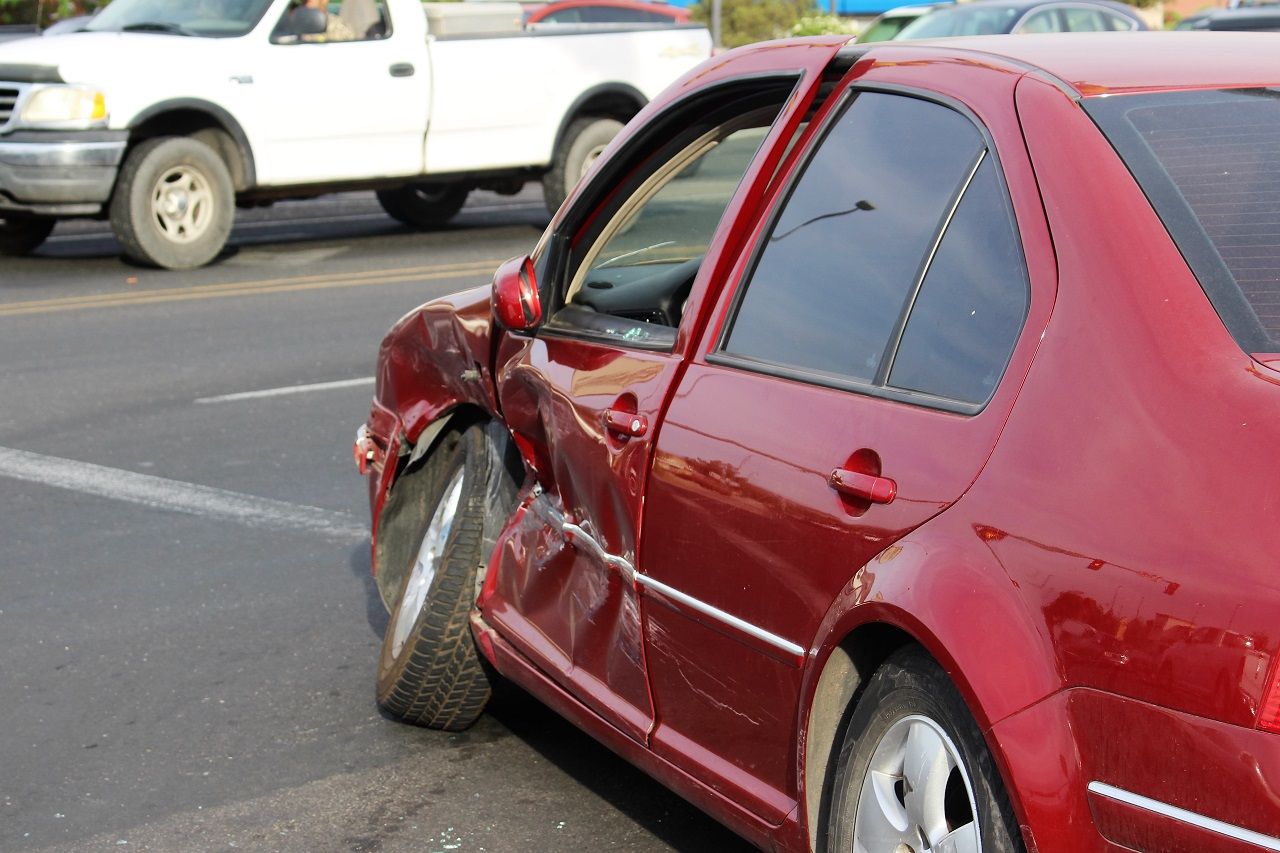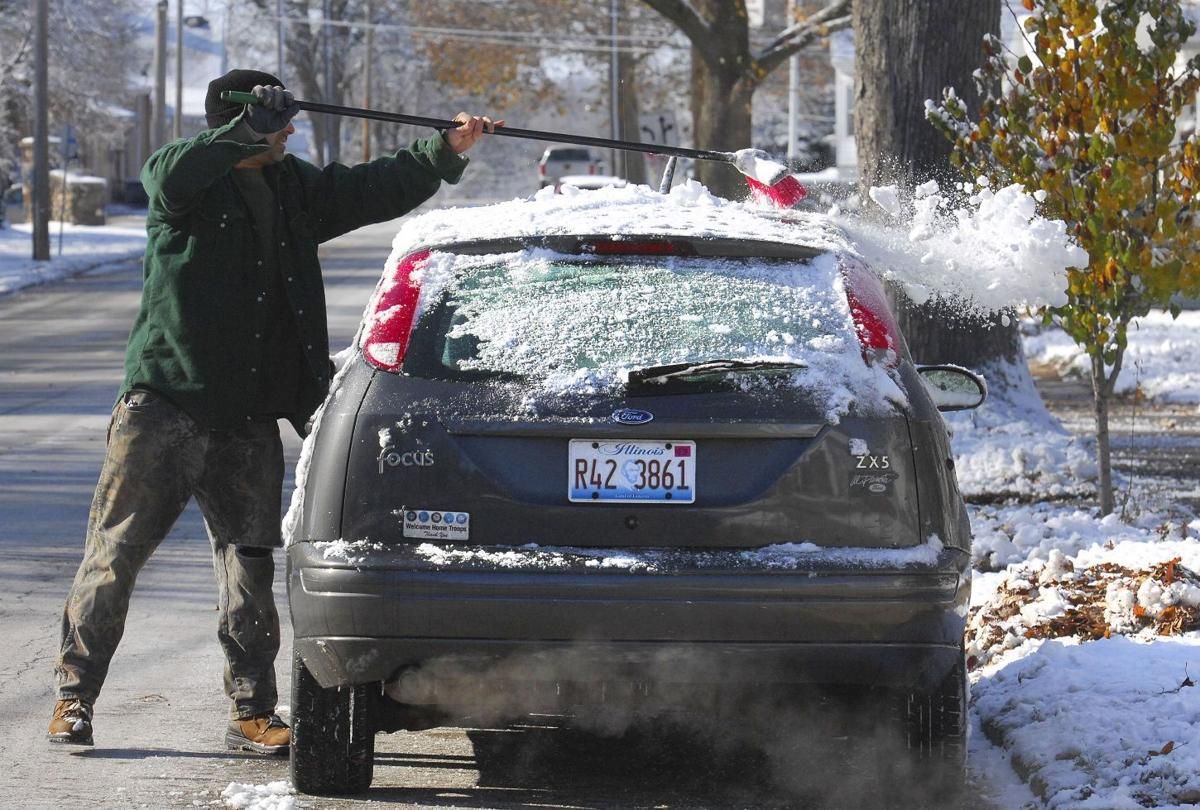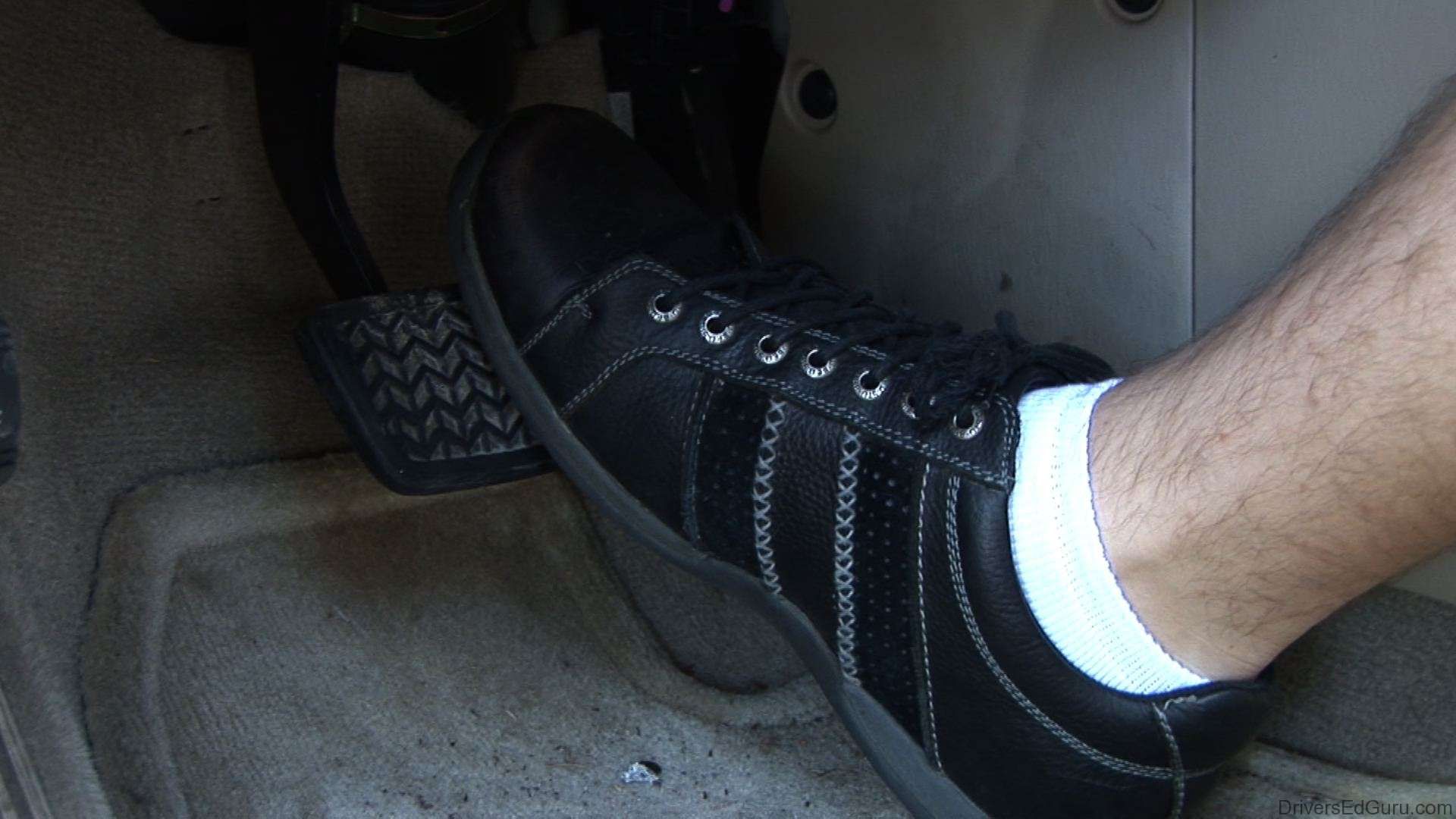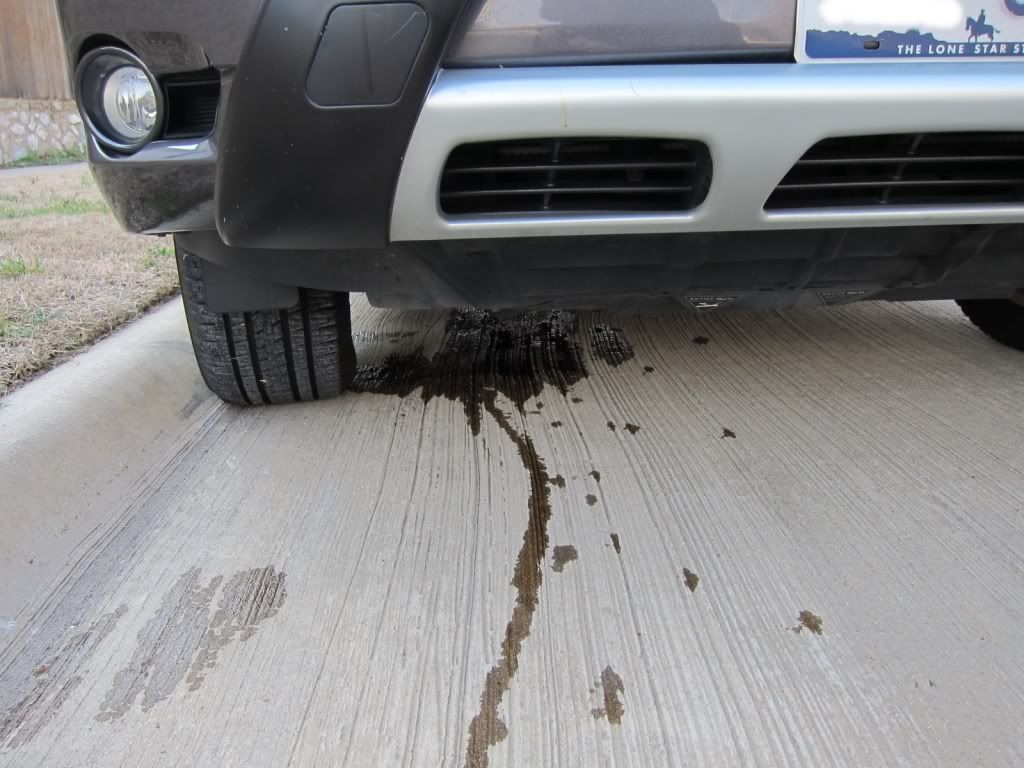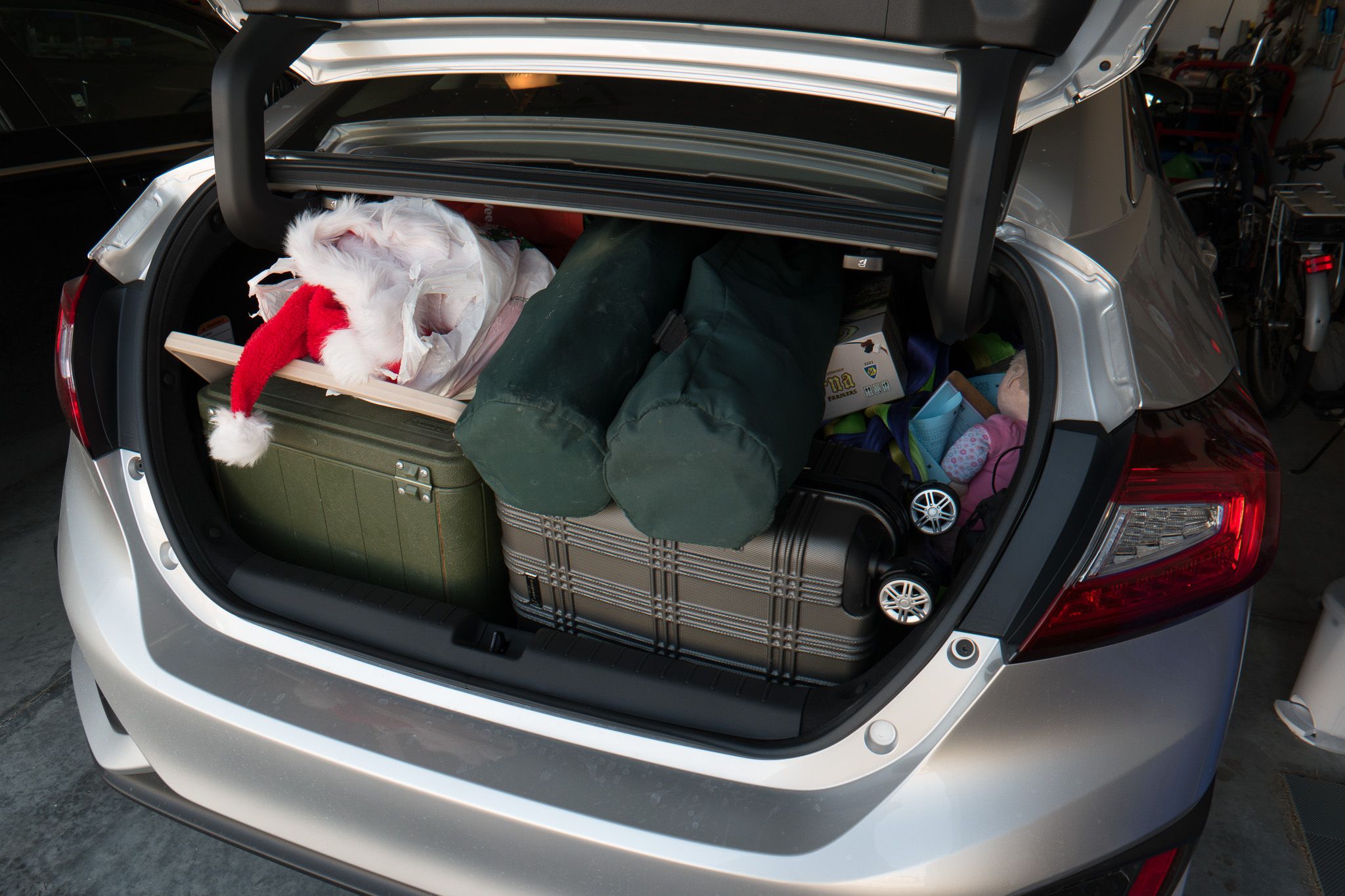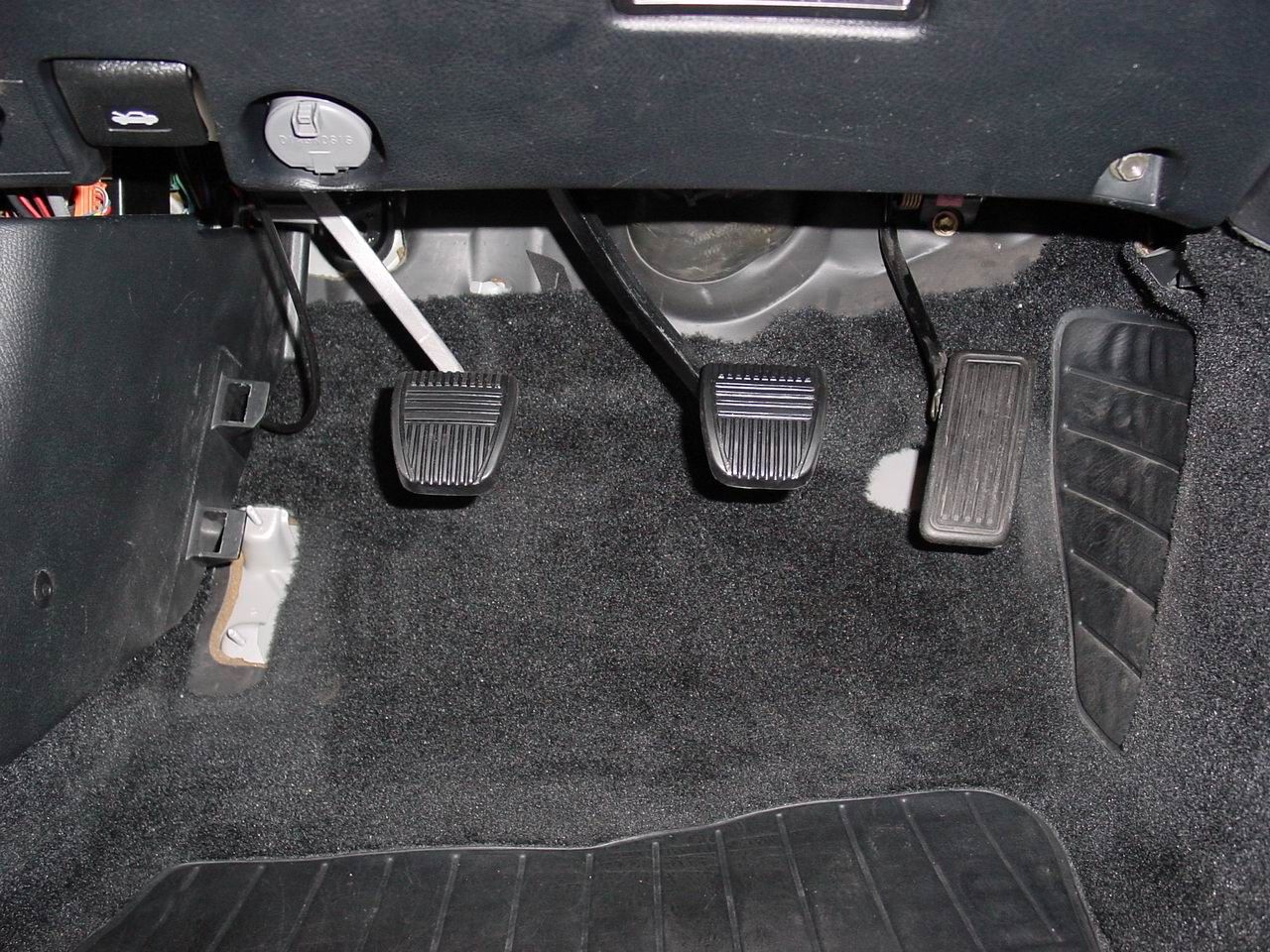Be good to your car and it’ll be good to you. It’s a basic concept that only a handful of drivers heed. When one considers all that a car goes through to get drivers from one point to the next, it’s remarkable they even hold up for as long as they do.
Beyond even common practices of driving one's car into the ground are the less obvious—and harmful—choices drivers make. They’ve become so second nature that it can even be hard to admit whether a driver does them or not. While these actions seem harmless, they, in fact, can cause issues for the car if done over the long-term.
Simple habits we do to our cars can add up over time and even be detrimental. It’s enough for drivers to find that one day their car isn’t working properly, and they have no idea why. In an effort to spread awareness and turn things around for drivers everywhere, we’ve compiled some common self-created problems drivers give their vehicles.
It isn't all bad news though. Despite all the pain we put our vehicles through, the positive changes are easy to make. Things like regular maintenance and keeping one’s car clean is just some examples of how to increase a car’s lifespan. To go even further, one has to address those steps they take, those they don’t even realize are harmful. For most of these examples, drivers do damage to the car and don’t even know that it’s hurting it over time.
25 Abrupt Shifts From Reverse To Drive
Those in the habit of switching gears suddenly—especially from reverse to drive—are strongly advised to change course. According to Popular Mechanics, actions like this take a toll on the drivetrain over time.
There are plenty of opportunities where one switches from reverse to drive, which means there are ample opportunities to wear this important piece of your car down. We may live and inhabit a fast-paced world, but we can slow down enough to take our time and prevent extra maintenance costs.
24 Driving With Little Gas
We’re all guilty of this at one time or another. For many drivers, it’s easy to let this one slide, considering there’s still enough gas left in the tank to get to where they're going.
Popular Mechanics reports that it can harm the fuel pump over time. While it’s understandable on one or two occasions, doing it on a recurring basis could spell major consequences that will end up costing the driver more than a full tank of gas.
23 Letting Your Hand Sit On The Shifter
Not many drivers give much thought to resting their hands on the stick shift. There are consequences though to applying too much pressure over time. According to Popular Mechanics, leaving your hand on the stick shift in a manual car can hurt the transmission in the long run.
The same source notes that the bushings and synchronizers are the parts most affected by it. It’s going to take self-control for some to get over this habit, but it’ll prevent financial woes down the line.
22 Driving All The Time
Driving too much can actually do more harm than good. While the opposite is also true, as U.S. News reports, driving it too much can also lead to problems. It may sound weird, but U.S. News suggests walking more to destinations that are close by, even if you move the car in the same spot from one parking place to another.
It also helps to plan errands together instead of spreading them throughout the week. Give the car a break from time to time.
21 Driving Over Potholes
This is one that can fall on either side of the spectrum, where drivers either heed them consciously or they don't. Potholes can appear anywhere on the road and may be detrimental if driven over.
Drivers know when they hit a pothole and it’s never a good feeling. Some drivers see them coming up though and still pass through it, unconcerned with their vehicle's condition. As U.S. News notes, if you can avoid them, you should make all efforts to.
20 Disregarding Dashboard Lights
The dashboard contains critical information about your car, including how fast you’re going and how much fuel you have left in the tank. It also alerts you to underlying problems. That leads many drivers to pretend that their dashboard doesn’t exist, rarely even looking upon it.
Ignoring alerts on the dashboard is not a good idea though. As Driving.ca notes, a check engine light could be a serious problem spelling doom and gloom for your vehicle that drivers should address immediately.
19 Pushing The Pedal To The Metal
When a driver pushes the pedal to the metal, it hurts the car. While flooring a car brings delight to plenty of drivers out there—especially those with performance vehicles—they're taking years off the car's life.
Not only does it waste fuel, as Popular Mechanics points out, but also puts unnecessary strain on the car’s drivetrain components. Drivers who like to accelerate have to come to terms with their need for speed and ask whether they want the car for longer or not.
18 Not Using The Parking Brake
The parking brake is your friend. A car's transmission can take stress over time if the parking brake isn’t used enough. According to Popular Mechanics, the parking pawl in the transmission will take on the brunt of the weight unless you use the parking brake often.
Those who want to be extra careful can even use it while parked on a flat surface. Since it’s easy to forget ever engaging when needed, it’s easier to always use the parking brake whenever you turn off your car.
17 Driving With A Cracked Windshield
Cracks in the windshield can happen a number of different ways. Even a small rock on the highway can make a dent. Driving around with a small crack in the windshield may seem harmless at first, but there’s a chance it could spread even more.
As U.S. News reports, it’s even cause for law enforcement to write up drivers in some states. Getting a windshield fixed isn’t cheap, but it’s unsafe to drive around with one, especially over a long period of time.
16 Not Taking Advantage of Recalls
Automakers aren’t perfect. When they mess up, they can issue a recall to fix the problems they found in a vehicle. This warrants a trip to the dealership where it could take up a chunk of one’s day. As much of an inconvenience as it is, drivers shouldn’t hesitate to follow the recall.
According to U.S. News, it’s even a matter of life safety, as recalls may involve sensitive parts like faulty airbags. At the end of the day though, many drivers fail to heed recalls.
15 Downhill Braking
Brakes take a lot of beating and strain. They’re what brings the car to a complete stop, so it’s important to go easy on them. Drivers should be wary of going downhill, advises Popular Mechanics, and pay attention to how they brake.
Brake pads and rotors can overheat when going downhill. If driving a manual transmission, the same source recommends you shift down to another gear. At the end of the day though, no one should put their car before their own life—if a driver has to brake, they have to brake.
14 Driving A Dirty Car
Everyone is guilty of driving around in a dirty car at least once. While there’s no crime against it, driving around without washing it on a regular basis could actually have harmful effects. Most people ignore a dirty car because they’re not aware of the negative consequences.
U.S. News reports that certain chemicals can build up over time that causes permanent damage like rust. A clean car is not only a good reflection on its appearance but also its exterior condition.
13 Forgetting To Refill Fluids
It may seem obvious on the surface, but it’s always a good reminder, a car needs fluids regularly. As Driving.ca notes, cars can leak or consume fluids faster, which means it needs refilling.
A car needs lots of fluids for; brake fluid, power steering, and oil are some of the most important. If a car doesn’t get these regularly, it could damage the car’s components. While the cost of a trip to an oil change shop might seem like a lot, it’s a fraction of what a repair bill could cost down the line.
12 Revving It Before The Engine Warms Up
Speed freaks are guilty of this one all the time, which makes it hard for them to take a second longer. After all, with great power comes great urgency, especially when the car starts up for the first time that day.
Popular Mechanics warns against revving the engine though before it had a chance to warm up. Doing so from a cold start puts strain on the engine, which could have a negative impact in the future. Unless it’s an emergency, drivers should take a minute before they wake up the neighborhood.
11 Leaving Dents Untreated
When a car’s exterior suffers damage, it’s not pretty. A ding on a fender, a dent on the bumper—any kind of damage will turn a car into an eyesore. Even if it looks minor, it can turn worse over time.
U.S. News reports that water can turn a collision into rust if it’s not treated properly. A driver is often going to downplay and forget completely about any damage to their car. It’s important to take care of it right away.
10 Failing To Give The Engine Enough Time To Warm Up
Seasons have an impact on cars. No season is more dreaded than winter when it comes to car performance. U.S. News reports that it’s good to warm up one’s car before hitting the road in winter.
The problem here is that people live in the fast lane. Waiting around for an engine to warm up takes time and isn’t what drivers want to do. Many still hop in the car like it’s spring and ignore the winter cold before getting on the road.
9 Resting Foot On The Brake Pedal
Small habits while driving a car can hurt its lifespan. Resting a foot on the brake, for example, will do damage over time. According to U.S. News, it’s best to leave one’s foot off the brake unless a driver is actually braking.
That makes sense on paper, but many drivers don’t realize their foot is always riding the brake. While it’s good to have your foot ready to brake in an emergency, this can shorten the life of the entire braking system.
8 Ignoring Leaks
Car owners ought to be familiar with this one, especially with older vehicles. Either getting out of a car or getting in, drivers may notice a leak coming out of the bottom of their car.
While not always problematic, it’s worth examining the leak closer to determine whether a trip to the mechanic is in order. U.S. News reports that if a car leaks oil, it could be an internal issue that needs attention and work done as soon as possible.
7 Adding Too Much Weight
Certain occasions call for a filled up car, whether it’s a road trip or a journey home back from the grocery store. It doesn’t take a rocket scientist to know that extra weight can hurt a car, but it’s one drivers ignore regardless.
According to Popular Mechanics, the drivetrain, suspension, and brakes all suffer from a car that's weighed down too much for too long. If a car is packing a lot of weight, try to keep the trips short and avoid making it a habit.
6 Improper Clutch Use
Stick shift sales may be on the decline, signaling the rapid end of an automobile era on the horizon, but they’re still a favorite among enthusiasts.
Those who use a stick shift are all too familiar with that third clutch pedal. Popular Mechanics recommends an alternative to keeping the clutch pushed in at a stop. Instead, put the shifter in gear and go into neutral, then let the clutch out. That will avoid wearing out components such as the pressure plate and release arm.

